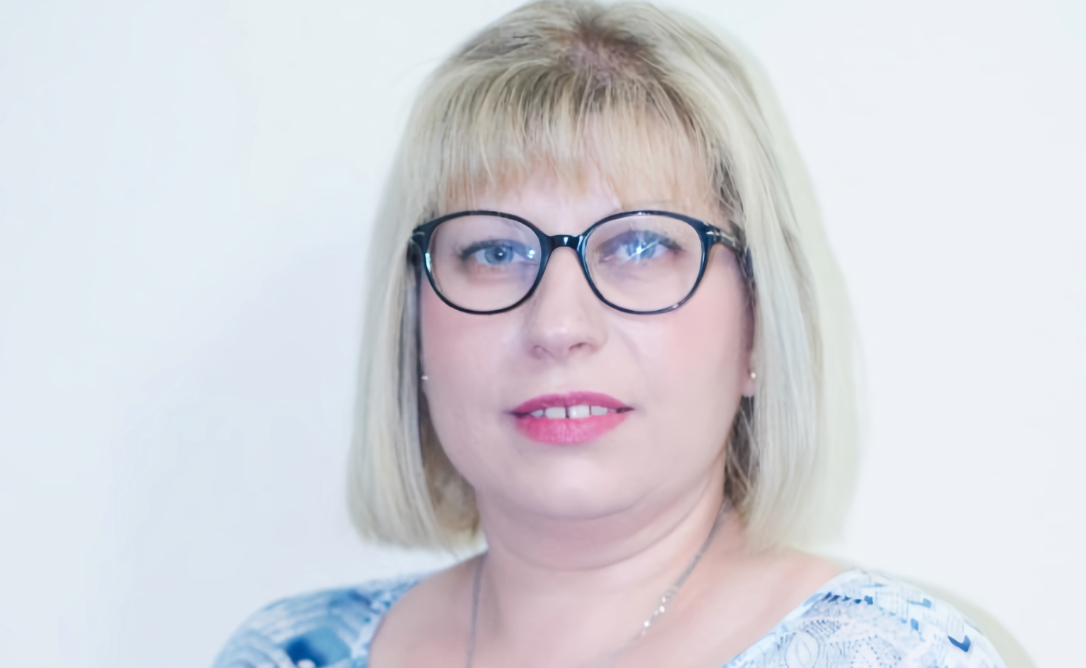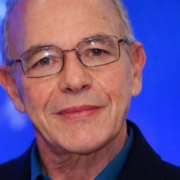
Translator Milena Mitkova Mincheva makes her literary debut with For Money and Power, a thrilling thriller that exposes the darkest layers of contemporary society. The work follows Maksim, a young foreigner who arrives in Brazil in search of opportunities, but is swallowed up by an international network of drug trafficking and corruption. Between moral dilemmas, racism and blackmail, Maksim struggles to rebuild his life and discover secrets about his identity that lead him on a dangerous hunt across Eastern Europe.
You were born in Bulgaria and built a solid career in Brazil as a forensic and sworn translator. How did this life trajectory between different cultures influence the creation of Maksim and the conflicts he faces in “For Money and Power”?
The creation of Maksim came as inspiration from my work as a forensic translator. Over the years, I had been observing the experiences of people in Maksim’s situation and their adaptation to a foreign country with different habits and culture. I was able to observe the difficulties they faced due to their lack of command of the Portuguese language, which is the first barrier to be overcome, and the internal conflicts they carried, such as guilt, anger, dissatisfaction, regret, distance from family and neediness. All of this was reflected in Maksim, who had to survive in a world he never imagined he would face and had to use his own intelligence and cunning to adapt to the rhythm of the underworld.
Your debut novel delves into thorny issues such as corruption, racism, organ trafficking and money laundering. What was the process like balancing these dense issues with developing a fast-paced, engaging plot?
These are thorny but current issues. I firmly believe that when we write and talk about a particular problem that our current society faces, it is discussed and solved. Corruption, drug and organ trafficking, money laundering, racism, and alcoholism among women are social problems that cannot be swept under the rug. Every day we are bombarded with news that involves at least half of the issues that the book deals with.
The discovery of a possible connection between the protagonist and a European mobster adds an extra layer of mystery to the narrative. Did you always know that this connection to the mafia would be part of the plot or did it emerge as you wrote it?
In fact, this connection emerged during the writing process. While I was creating the characters and situations in my imagination, the idea of a possible and mysterious connection between Maksim and the unknown mafioso came to mind. I think this added an extra touch of adrenaline and mystery to the plot.
With your professional experience in the legal world, you have certainly come into contact with real stories of conflict and injustice. At what point did you feel the need to turn part of this experience into fiction — and why?
Of course, without a doubt. I have seen many stories and people who have become statistics. The right time to turn this experience into fiction was when I realized that the rope always breaks on the weakest side. This saying is relevant to the issue of drug trafficking. The person who is lured into becoming a mule pays the price with his freedom, and most of the time, without knowing what he is going to do in that foreign country. The lures are people who are well-mannered, well-educated and well-mannered, and it is almost impossible for the lured person to deduce what really awaits him outside his home country. The profile of the lured people is usually humble people who have never left their home country and are easy prey, or young and naive people, as in the case of my protagonist, who easily believe the talk that promises a brilliant life and career.

Thrillers, by nature, tend to entertain with tension and twists, but your book also provokes profound social reflections. Do you believe that fiction can be a tool for denunciation? What kind of transformation do you hope to provoke in the reader?
Yes, I believe that fiction can be both a tool for denouncing social injustices and a tool for expressing social reflections. The key word for transformation would be: indignation. If we reflect deeply on each social issue addressed in the book, the feeling is one of indignation.
Every day, thousands of people are victims of racism, and extremely capable and educated people are humiliated because of the color of their skin. A human being cannot be classified by the color of his or her skin, but by what he or she is. As long as we are part of society, we are all equal. Women increasingly turn to alcohol as a temporary refuge, whether because of stress, overwork, daily responsibilities or because she is the head of the family. After a certain amount of time, the small amount consumed daily becomes double, and suddenly the woman is totally dependent on alcohol and other problems have already arisen. Corruption in itself is the scourge of a society. And the victims are all of us. Both the corruptor and the corrupt put the growth and prosperity of a nation at a disadvantage and decline.
The figure of Sofia, Maksim’s wife, appears as a point of new beginnings, but also of vulnerability. What was it like for you to build personal relationships within an environment so marked by violence and distrust?
Building personal relationships between two characters with such different personalities and dispositions was challenging. These are characters who come into conflict with themselves throughout the plot. Sofia suffers a huge blow with the loss of her daughter and takes refuge in alcohol. Drink becomes her ally to overcome the pain of loss. At a certain point, Sofia is Maksim’s support system and vice versa. At another point, neither of them feels comfortable with their partner. It is a relationship of comings and goings that grows colder every day. At a certain point, neither of them recognizes the other.
In one of your quotes, you say that “each character had deep reasons that affected their essence.” When you finished the book, do you feel that you were also transformed by these characters and the decisions you had to make when writing them?
Each character made a choice and reaped the consequences. The circumstances of their lives and the situations they had to face made them who they are today. I feel transformed after each chapter. When I create each character in my imagination, it is something fascinating. Let’s say that, after creating each one, I embody myself in them and give them life. All of this is a profound transformation that made me rethink several aspects of life, such as, for example, how human beings can complicate their own lives through an innocent choice, as I say in the case of Maksim. In the case of the corrupt character, it is clear how he liked to exercise superiority over others just to satisfy his ego, his personal whims and his never-ending greed. One complements the other.
Follow Milena Mitkova Mincheva on Instagram


